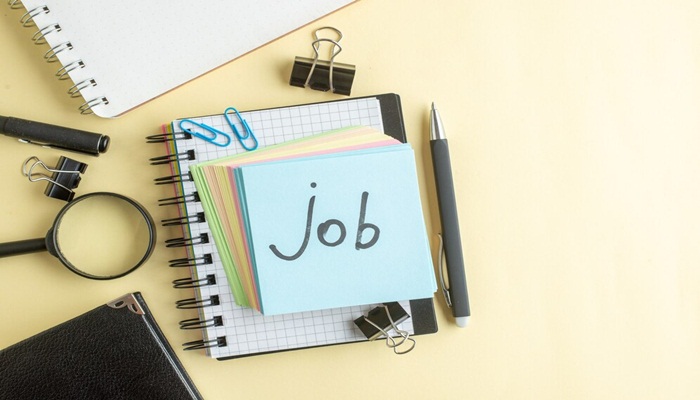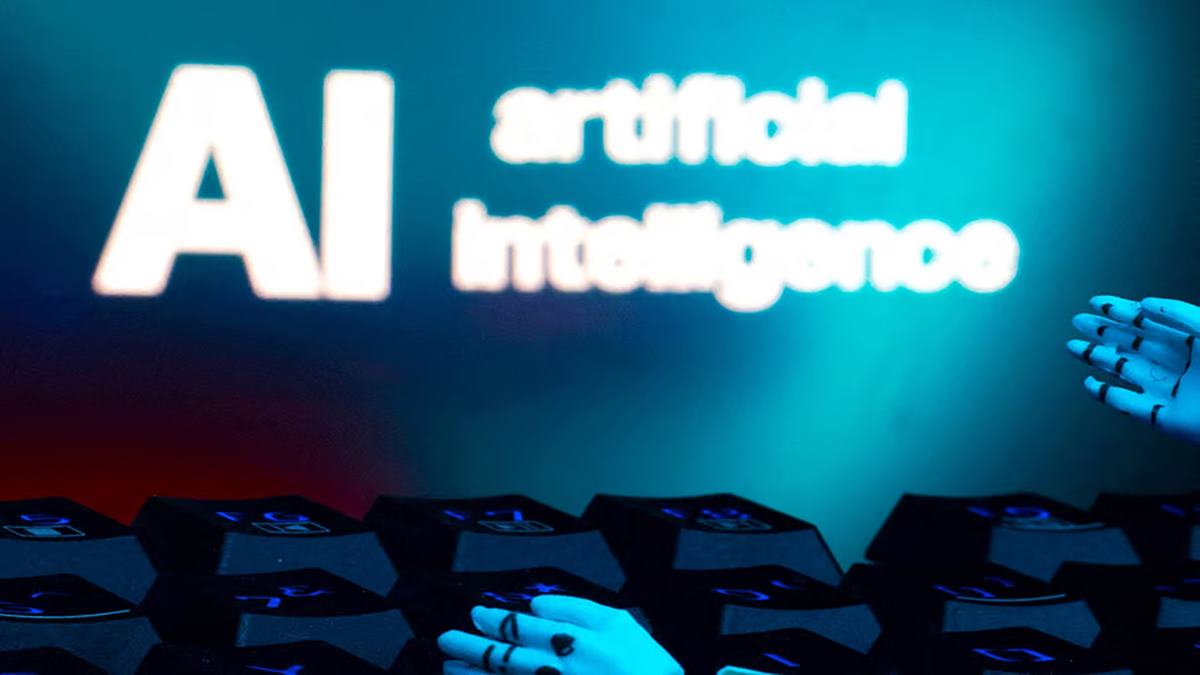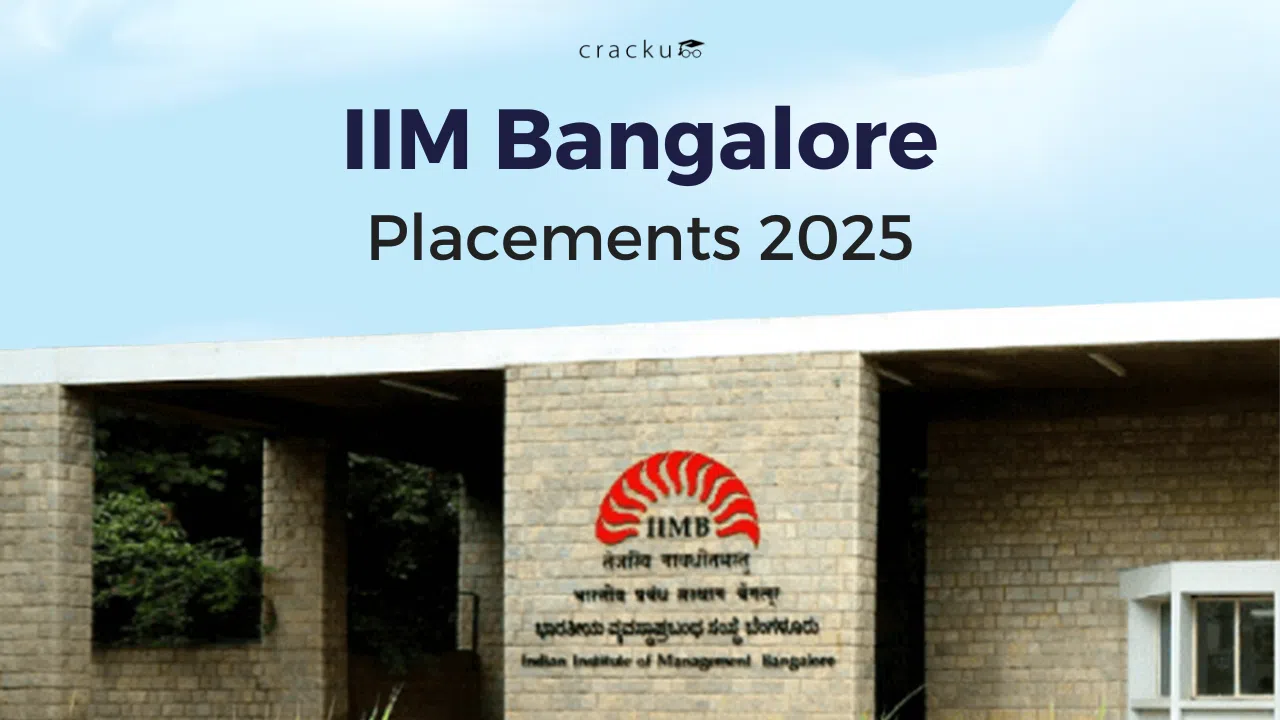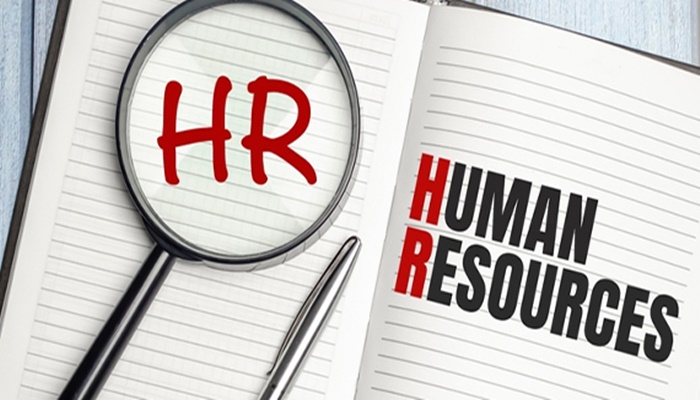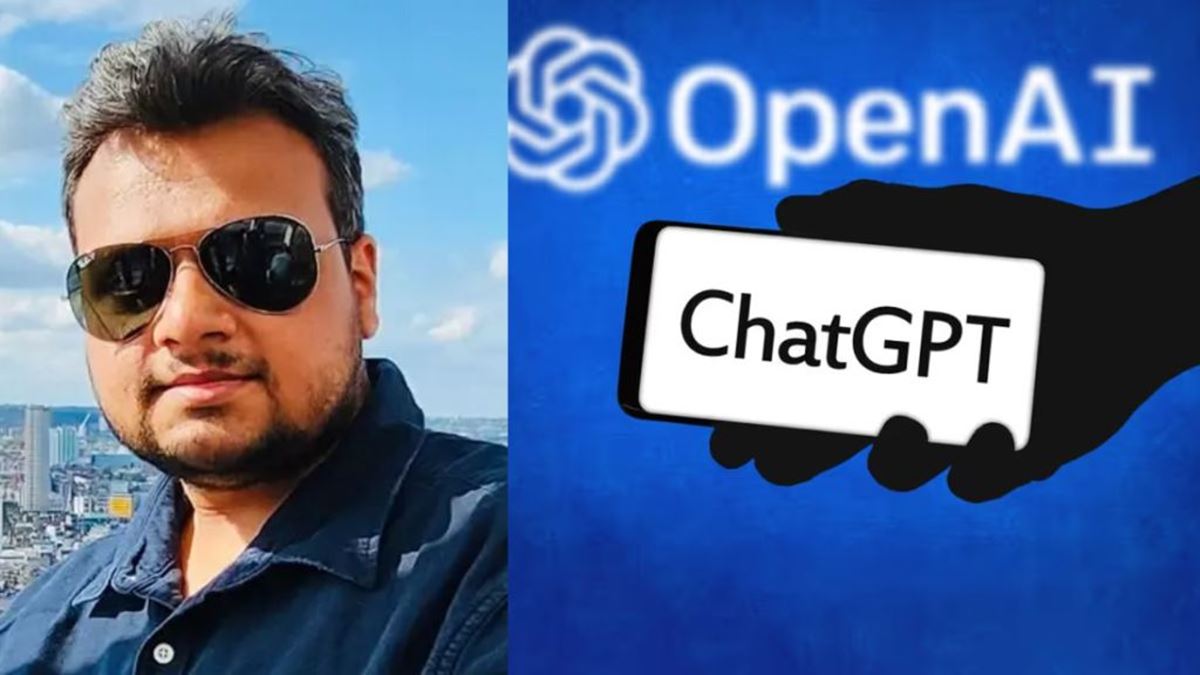AI has become an integral part of our daily lives, serving as everything from a virtual therapist to a professional strategist. For Malhar Shah, a US-based techie, it played an important role in helping him land a six-figure job.
Shah was targeting senior engineering roles in a highly competitive market. With hundreds of applicants for each position and applicant tracking systems (ATS) filtering out most résumés before they even reached a recruiter, he knew he needed a competitive edge.
That is when he turned to two of the most powerful AI tools available today: ChatGPT and Gemini. “I figured if these tools could critique my résumé like a recruiter would, I could iterate faster and improve in ways I might miss on my own,” Shah explained to Business Insider.
Shah did not just run one résumé past AI and call it a day. Instead, he created multiple versions tailored to the four types of roles he was targeting, technical lead, staff engineer, engineering manager, and principal engineer.
Each version went through rounds of feedback. ChatGPT might rate one résumé a 9 out of 10. Gemini might give it a 7. Sometimes the same résumé would earn different scores in different conversations with the same AI, depending on the prompt. But that did not discourage him.
“I realized the scores weren’t absolute,” he said to Business Insider “They were more like conversation-driven benchmarks. What mattered most was the quality of the suggestions I got and how I applied them.”
How did Shah use it as an AI resume reviewer?
Those suggestions helped Shah fine-tune his language, highlight key accomplishments, and ensure he was using the right keywords to make it past ATS filters. The feedback also helped him restructure content, improve formatting, and craft a résumé that told a more compelling leadership story.
He did not try to game the system by asking AI to generate a “perfect 10” résumé, accuracy mattered too much. Instead, he focused on refining what was already there, using AI as a second set of eyes rather than a ghostwriter.
Shah’s human approach to job hunting
While AI played a key role in his job search, Shah credits a former colleague for some of the most important advice he received: Don’t let the search consume your life.
“He told me to keep it to two hours a day max, use some time to keep learning, and spend the rest of the day with family,” Shah recalled to Business Insider. “That helped me stay sharp without burning out.”
In parallel with résumé improvements, Shah used AI to draft sharper cover letters and prep for interviews. He ran mock behavioural and technical interview sessions with AI to practise his responses and sharpen his delivery. The ability to iterate quickly and get instant feedback was a huge advantage.
Still, his success did not come from AI alone. Before diving into tools and templates, he did his homework, researching current hiring trends, learning what companies look for in senior tech roles, and ensuring that his accomplishments were measurable, specific, and relevant.
Looking back, Shah sees his experience as a preview of how job hunting is evolving. “AI didn’t get me the job,” he says. “But it absolutely helped me become a stronger candidate,” he told Business Insider.






